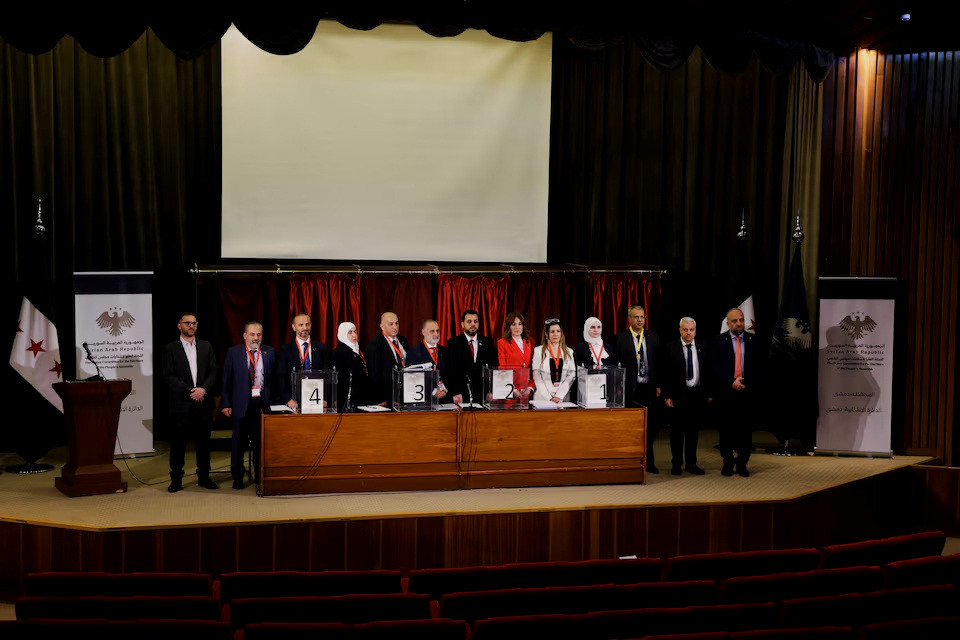On October 5, Syria began its parliamentary elections, the first since the fall of Bashar al-Assad's regime. According to Reuters, voting has commenced.
Approximately 6000 voters are participating in indirect elections within regional electoral colleges. Voting will take place from 9:00 AM to 5:00 PM.
Leader Ahmed al-Sharaa, who rose to power after ousting Assad, is striving to consolidate his authority over the nation.
The Supreme Committee for Elections to the People's Council of Syria, appointed by al-Sharaa, has approved 1570 candidates who presented their platforms at public events this week. However, according to Reuters, the campaign was muted: there were no visible posters or billboards in major cities.
On Sunday, two-thirds of the 210 parliamentary seats will be filled, while the remaining third will be appointed by the president. Following this, the new parliament will be officially formed.
The authorities explain the indirect election system by the lack of accurate population data and the mass displacement of Syrians due to war. Additionally, voting has been postponed in three provinces with minority populations, leaving 19 parliamentary seats vacant.
Critics argue that this electoral format does not reflect the true will of the people and is overly centralized. Analysts believe that the selection of the 70 deputies appointed by al-Sharaa will determine whether the new parliament will be legitimate and diverse or merely an instrument for the current regime's decisions.
It is worth noting that on December 8, 2024, rebels led by the HTS Islamist group seized the Syrian capital and declared the fall of Assad's regime. Following this, Assad fled to Russia. Since the regime's fall, 1 million Syrians have returned, including around 411 thousand from Turkey.



